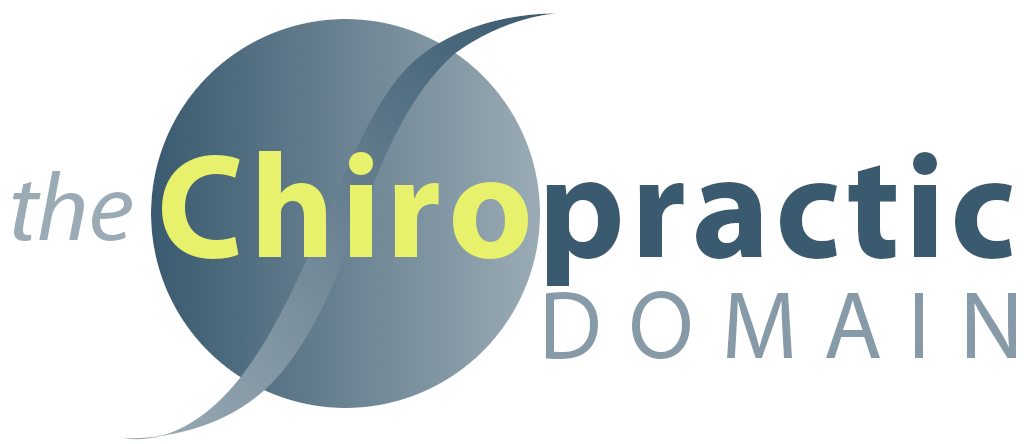The Powerful Impact of our Nervous System and Our Stress Response & Chiropractic care
Chiropractic care is about more than just relieving pain and improving movement. It delves into the intricate connection between spinal alignment and our nervous system's ability to communicate with our entire body. While we often associate this relationship with pain, muscle function, and movement, we tend to overlook its influence on vital organs, glands, and blood vessels, which are crucial for our survival and stress adaptation.
When our brain detects stress, it triggers a response that leads our body to adapt. This intricate coordination occurs through nerve messages sent to various organ systems. Conversely, when stress subsides, our brain recognizes the change and activates the healing and recovery response. Traditionally known as the sympathetic and parasympathetic systems, these two parts of our nervous system are responsible for the "fight/flight/freeze" and "rest/digest/recovery" responses, respectively.
At our clinic, we utilize heart rate variability technology to assess the balance between the parasympathetic and sympathetic systems, alongside evaluating pain, range of movement, posture, and other factors. A robust response from a healthier nervous system enables us to cope with stress more effectively and enhances our resilience.
Heart rate variability
Our Pulse wave profiler Scanning technology at our clinic collects your physiological data to understand your baseline autonomic balance. An ideal result lands you centralised in the green zone
During a chiropractic adjustment, a remarkable sequence of events occurs within the nervous system:
Pain receptors in the spinal joints are reset.
Proprioceptors, which are position sensors in our joints, are activated, influencing our perception of posture.
Mechanoreceptors related to movement and freedom of motion are recalibrated.
Furthermore, chiropractic adjustments have a profound impact on the receptors communicating with the autonomic nervous system, responsible for managing stress and regulating communication with organs, glands, and blood vessels. As a result, chiropractic adjustments offer multi-level effects on our overall well-being. Ongoing research is dedicated to understanding this fascinating phenomenon.
Many of my patients describe a sense of calmness and a feeling of taking a deep breath after an adjustment. This experience arises from the reset that occurs within their autonomic nervous system. As an experienced chiropractor, I am always amazed to witness how a chiropractic adjustment can reset this critical aspect of my patients' nervous system.
In my next post, I will delve into the fascinating realm of "Polyvagal theory," which explores the intricate relationship between the nervous system and stress response, shedding light on how we manage stress. Stay tuned!


